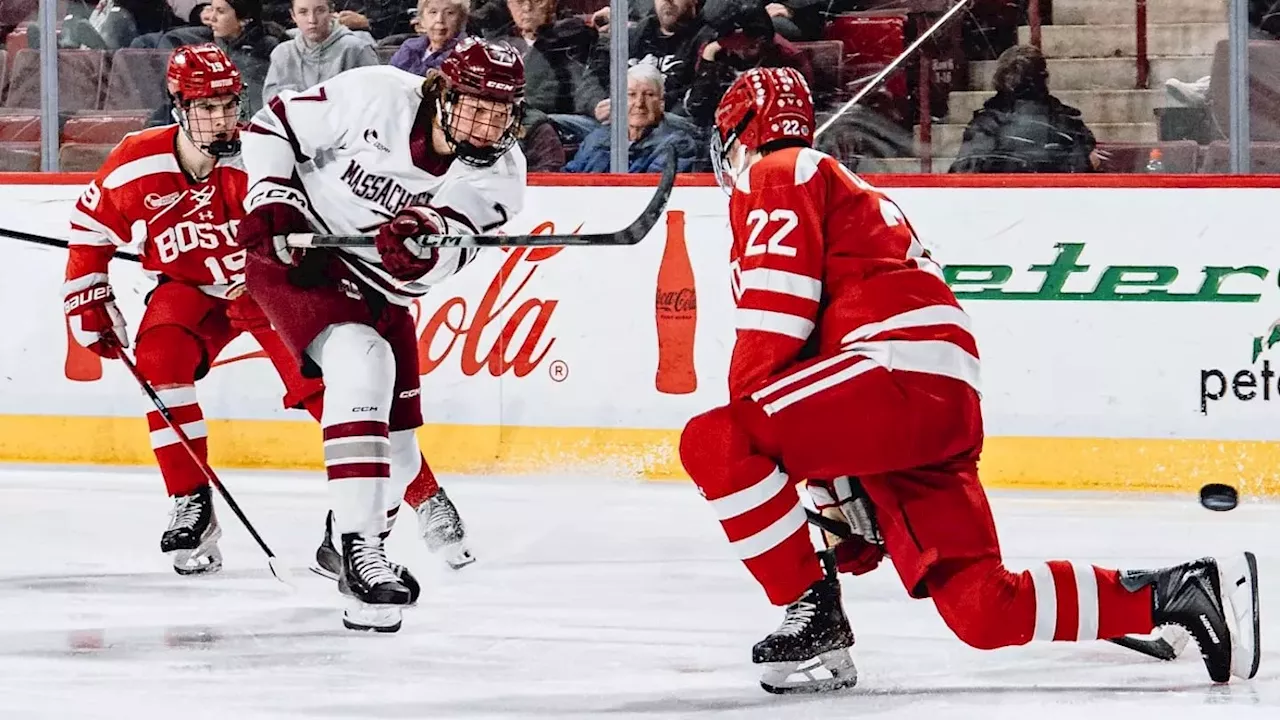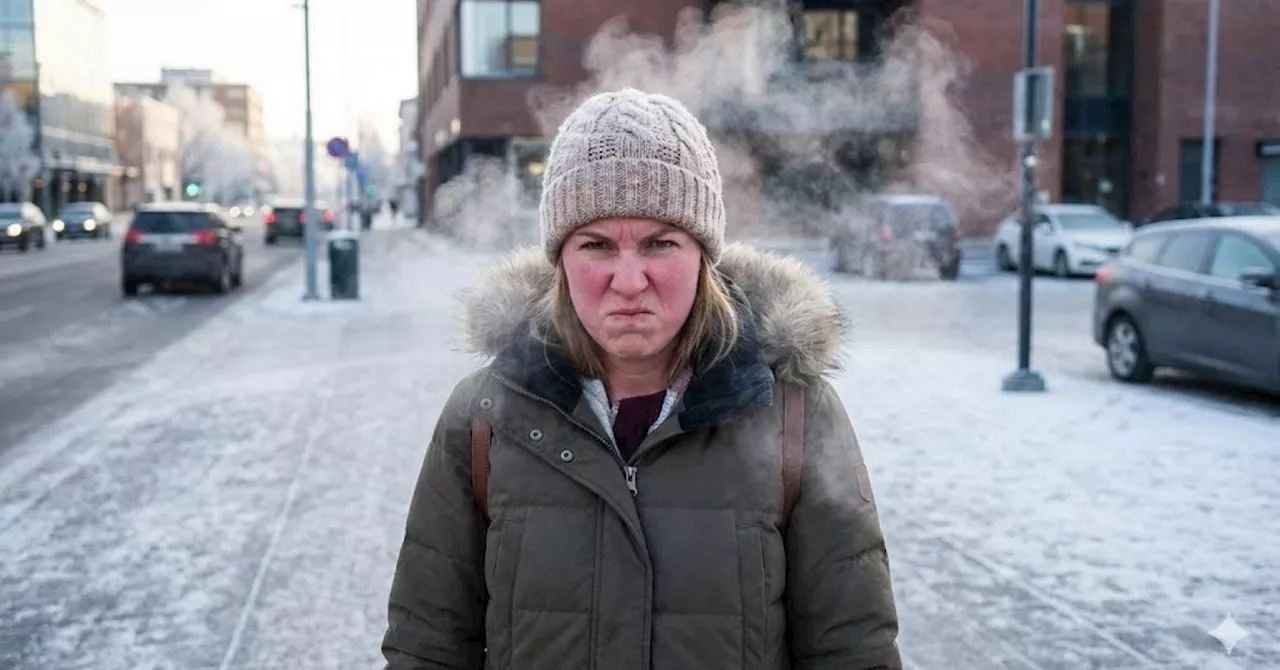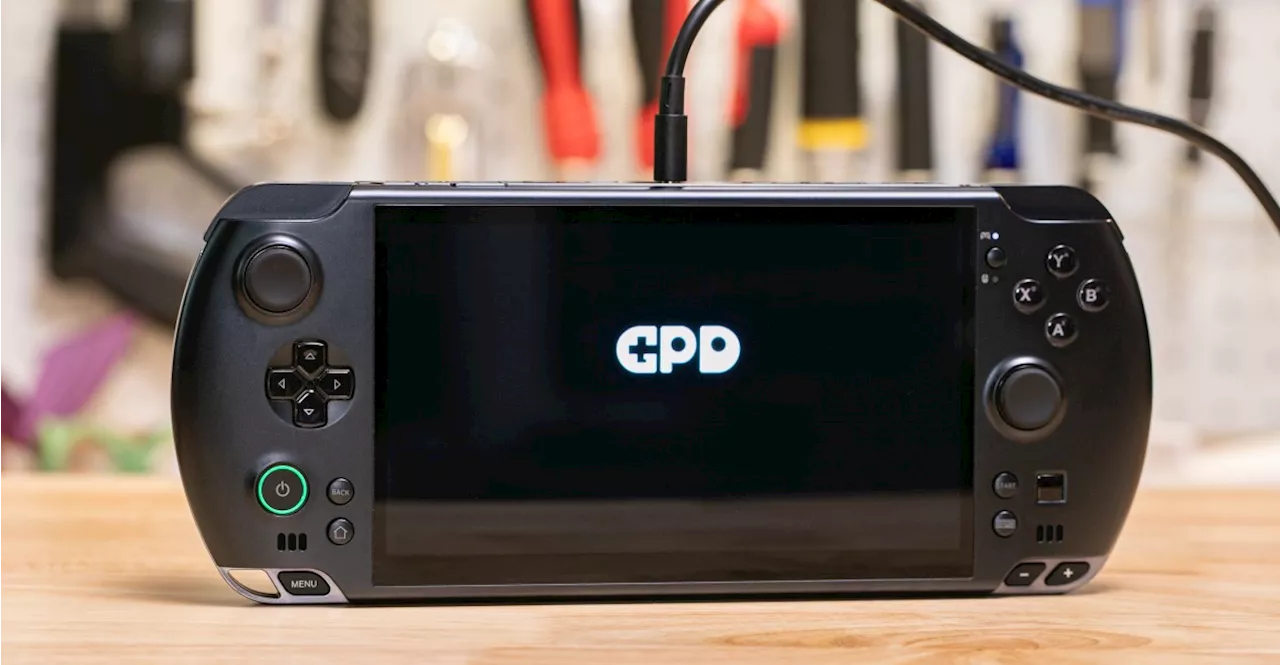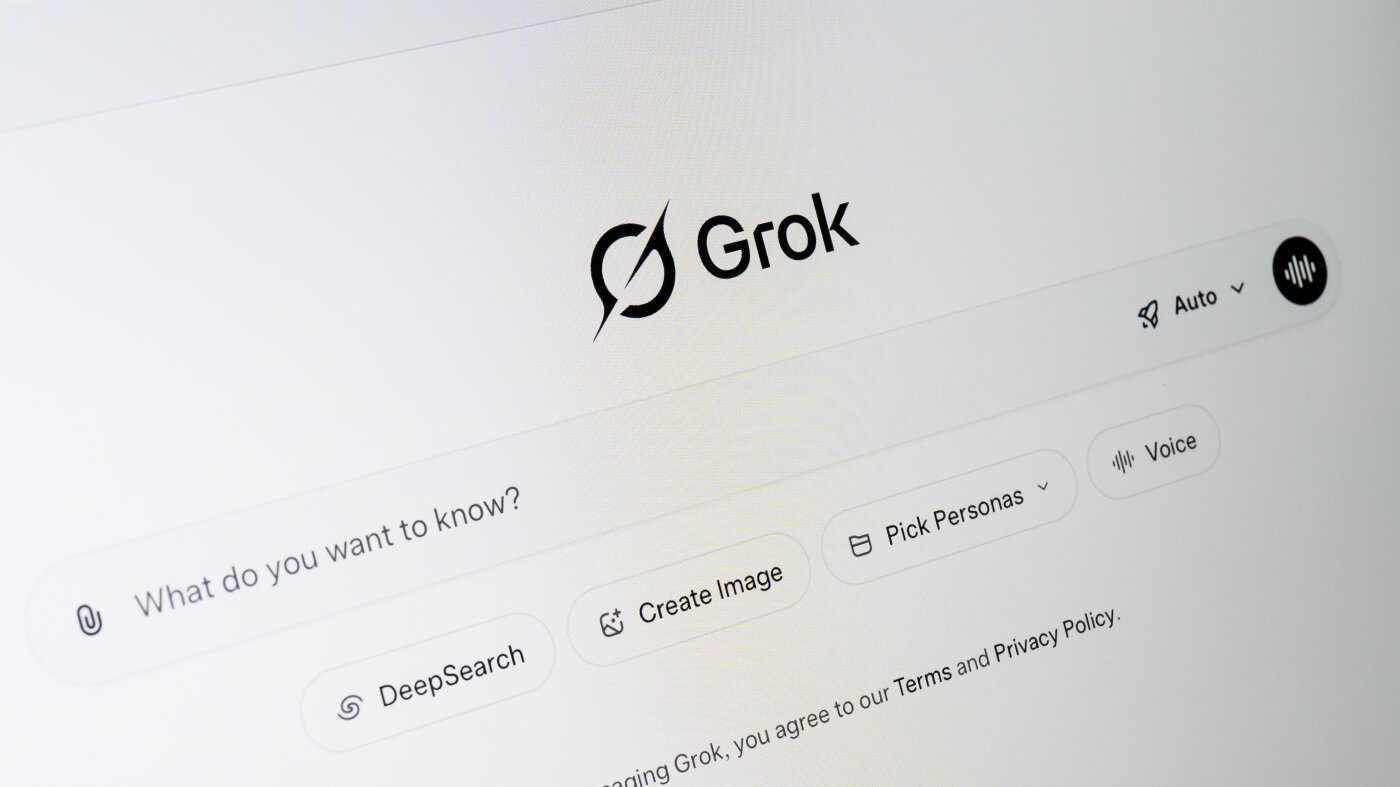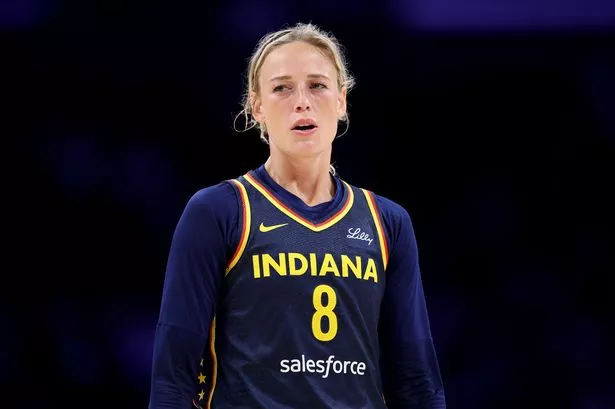
Sophie Cunningham, a veteran guard and free agent, has expressed profound concerns about the future of the Women’s National Basketball Association (WNBA) as negotiations over the Collective Bargaining Agreement (CBA) remain stalled. Following an injury that sidelined her for the season, Cunningham’s candid remarks highlight the uncertainty surrounding the league’s stability and its ability to attract talent.
Cunningham, who recently traded to the Indiana Fever for the upcoming 2025 season, spoke with Front Office Sports at a sports bar in Manhattan. Her assessment was strikingly clear: “There is a lot of uncertainty,” she stated. The discussions surrounding the CBA are crucial, not only for player salaries but also for the league’s sustainability as it looks ahead to next season.
The 29-year-old player, who averaged 8.6 points and 3.5 rebounds per game before her injury, emphasized the impact of financial negotiations on the players’ future. She noted the challenges of maintaining a core team amid potential financial incentives that could lure players away: “When money is waved in people’s faces, you just never know,” she said.
Cunningham also shared insights about her own situation with the Fever, indicating that communication remains limited until a new CBA is established. “We’re all still keeping in touch, but obviously there’s not a lot… until there’s a new CBA,” she explained. This sentiment reflects a broader concern shared among players across the league regarding the ongoing negotiations.
The crux of Cunningham’s apprehension lies with the high stakes involved in the CBA discussions. “I think the last meeting was about two weeks ago,” she mentioned. “I know our execs are talking with their people every single day. I don’t think there’s been much movement. I think at least there’s communication. So that’s the biggest thing for us.”
Key issues under negotiation include player salaries, revenue-sharing models, and the overall viability of the league. Cunningham raised a critical point regarding the long-term sustainability of the financial model: “It sounds good and they can always wave a big number in your face. But what happens when the business continues to go up? Does that mean our salaries are going to continue to go up, or will they stay the same?”
As the WNBA faces these internal challenges, alternative opportunities are emerging. Cunningham mentioned “Project B,” a new women’s basketball league proposing multi-million-dollar contracts. While she acknowledges limited knowledge about the league, her response encapsulated the allure of such offers: “If people are going to be paying you multi-million dollar deals, why would you not?”
The future of the WNBA hangs in the balance as players like Sophie Cunningham navigate these uncertain waters. With negotiations pressing on critical issues, the league’s ability to maintain its talent and structure will depend heavily on the outcomes of these discussions. The coming months will be pivotal for the WNBA as it seeks to solidify its standing in professional sports and retain its players in an increasingly competitive landscape.
